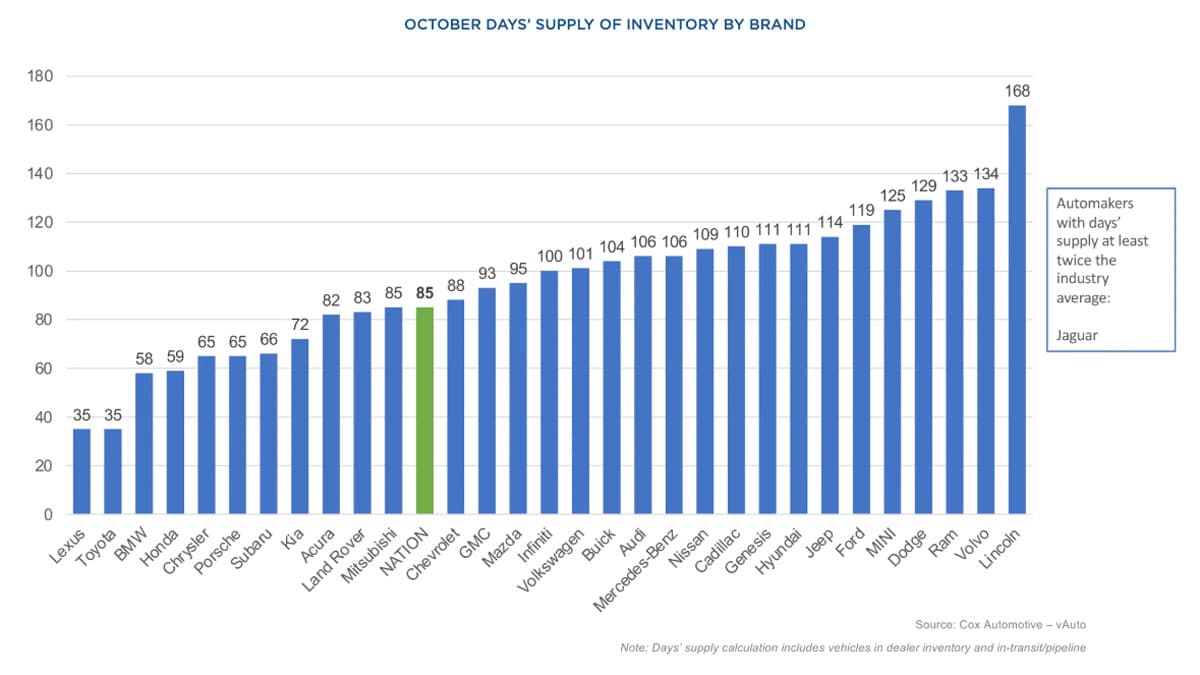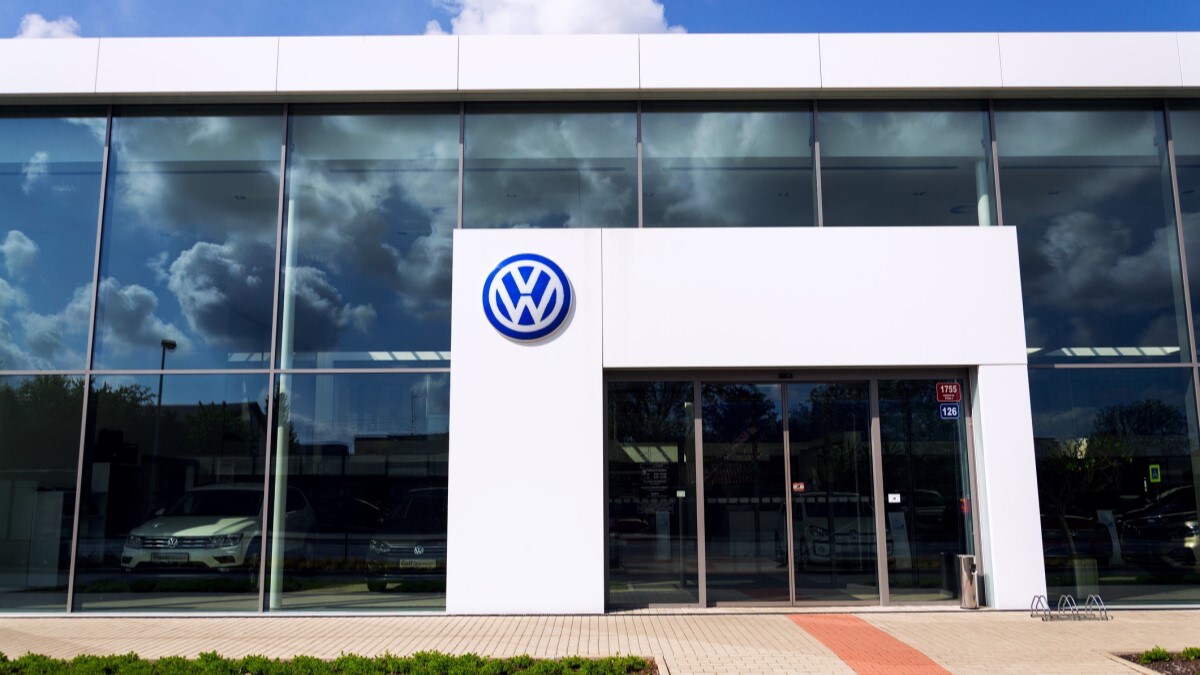Workers at nine Volkswagen Group factories in Germany walked off the job today, halting construction of many cars. But the move is unlikely to raise prices at your local dealership soon.
The Volkswagen Group’s U.S. brands include Volkswagen, Audi, and Porsche.
Related: Is Now the Time To Buy, Sell, or Trade-in a Car?
Walkouts Lasted Just Hours… This Time
One reason is that the strike was short and meant only as a warning shot. Workers left for several hours today and returned before the end of the business day.
Reuters explains, “Volkswagen has threatened to close plants in Germany for the first time in its 87-year history, saying it needs to reduce costs and boost profit as European carmakers struggle with weak demand, high production costs, competition from Chinese rivals, and a slower-than-expected electric vehicle transition.”
German automakers negotiate with works councils much like American automakers work with unions. A works council functions much like a union, except that membership is mandatory, and the organizations are often created by laws rather than voluntary organizing.
Volkswagen’s works council called this morning’s walkout a “warning strike.” The actions were “temporary walkouts designed to pressure management during deadlocked negotiations,” according to industry publication Automotive News.
The strikes didn’t spread to U.S. factories, where many workers are unrepresented. The United Auto Workers represent a single Volkswagen plant in Chattanooga, Tennessee, but they were not part of European strikes.
VW Group Cars Plentiful at U.S. Dealers
A second reason: Volkswagen dealers in the U.S. have plenty of cars in stock.
CNN reports, “A spokesperson for Volkswagen said in a statement Sunday that the carmaker had taken steps in advance to minimize the impact of the strikes on its factories and customers.”
Dealers traditionally aim to keep a 75-day supply of cars – 60 in stock and another 15 on order or in transit to the dealership.

An old industry practice built on long experience tells them a lower number can cost sales, as they might not have the right combination of features for each buyer easily at hand. But more is costly, as dealers generally make monthly payments on each car they have in inventory.
Volkswagen dealers ended October with a 101-day supply, on average. Audi dealers had 106. Porsche dealers were more limited with 65, but the niche sports car brand often carries lower inventory than other brands and has a committed fanbase that often custom-orders new cars.
With higher-than-average inventory, dealers are in no danger of running short of cars to sell soon.
We expect further disruptions in December. The two sides will resume negotiations on Dec. 9. But, for now, labor actions are unlikely to cause the sort of major turmoil a 2023 strike brought to American automakers.








